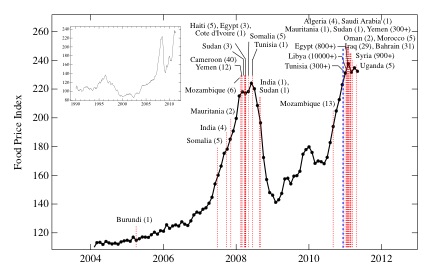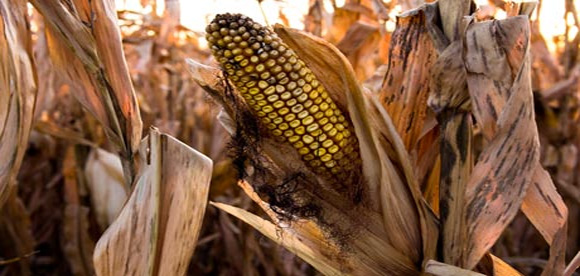You are here
Wed, 2011-10-26 00:45 — mdmcdonald
Food supply, food politics, and food safety in the US, inclusive of global concerns and needs
Group focusing upon the food security needs of the US, and world.
Add Content to this group
Members
| Allen Clark | Bob Ross | Carl Taylor | Christine Springer | Corey Watts | david hastings |
| drvroeg | Gavin Macgregor... | John Hoffman | Kathy Gilbeaux | LintonWells | LuisKun |
| Maeryn Obley | mdmcdonald | Michael Gresalfi | Rahul Gupta | Ray Shirkhodai | Samuel Bendett |
| Siftar | Tim Stephens | tom.mcginn | William Lyerly |
Email address for group
us-food-security@m.resiliencesystem.org







Recent Comments